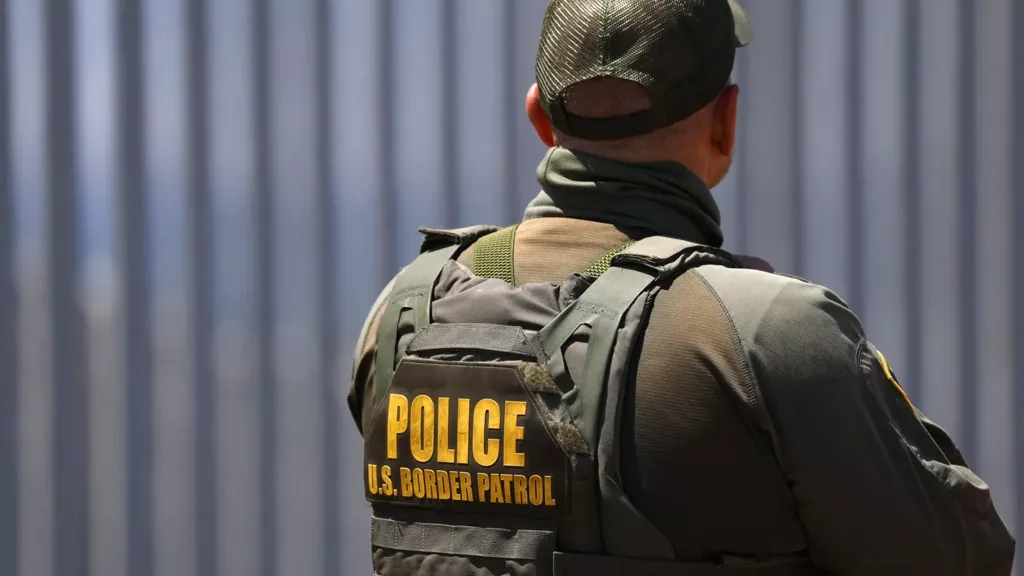Uganda said it had agreed to a "temporary" deal with the Trump administration that would see it take in migrants deported from the U.S., with certain conditions around criminals and unaccompanied minors.
Newsweek has contacted U.S. Immigration and Customs Enforcement (ICE) for comment via email outside of normal business hours.
President Donald Trump came to office on a promise to significantly ramp up deportations and end illegal entry into the U.S. Deals such as that with Uganda are a key part of facilitating the Trump crackdown on illegal immigration, though they have faced legal challenges.
Bagiire Vincent Waiswa, permanent secretary to the Ugandan foreign ministry, described the agreement with the U.S. as "concluded".
The deal would allow the U.S. to deport to Uganda third-country nationals who may not be granted asylum in the U.S., but fear the consequences of returning to their countries of origin.
"This is a temporary arrangement with conditions including that individuals with criminal records and unaccompanied minors will not be accepted," Waiswa said in a statement.
"Uganda also prefers that individuals from African countries shall be the ones transferred to Uganda. The two parties are working out the detailed modalities on how the agreement shall be implemented."
International Relations Minister Henry Okello Oryem told The Associated Press that while Uganda is known globally for its benevolent refugee policy, there are limits. And he questioned why the country would take people rejected by their own countries.
"We are talking about cartels: People who are unwanted in their own countries. How can we integrate them into local communities in Uganda?" Oryem said.
He said the government was in discussions about "visas, tariffs, sanctions, and related issues, not accepting illegal aliens from the U.S. That would be unfair to Ugandans."
The day before, Oryem had told Reuters no agreement had been reached, adding: "We do not have the facilities and infrastructure to accommodate such illegal immigrants in Uganda."
In July, the U.S. deported five men with criminal backgrounds to the southern African kingdom of Eswatini and sent eight more to South Sudan.
A federal judge had denied a petition to block the Trump administration from deporting the migrants to war-ravaged South Sudan in a big legal win for the president.
The men, convicted of violent crimes in the U.S., were originally from Cuba, Laos, Mexico, Myanmar, Vietnam, and South Sudan.
The South Sudan case was a significant test of Trump's immigration enforcement policies and established a precedent for deporting individuals to third countries deemed dangerous by the State Department.
The Supreme Court had ruled in June that immigration officials could quickly deport people to third countries, halting an order that previously allowed immigrants to challenge removals to countries outside their homeland where they could face danger.
The ruling effectively overturned a lower court judge's decision that immigrants could not be sent to a new country without a court hearing.
Update, 8/21/25, 5:43 a.m. ET: This article was updated with more information.
